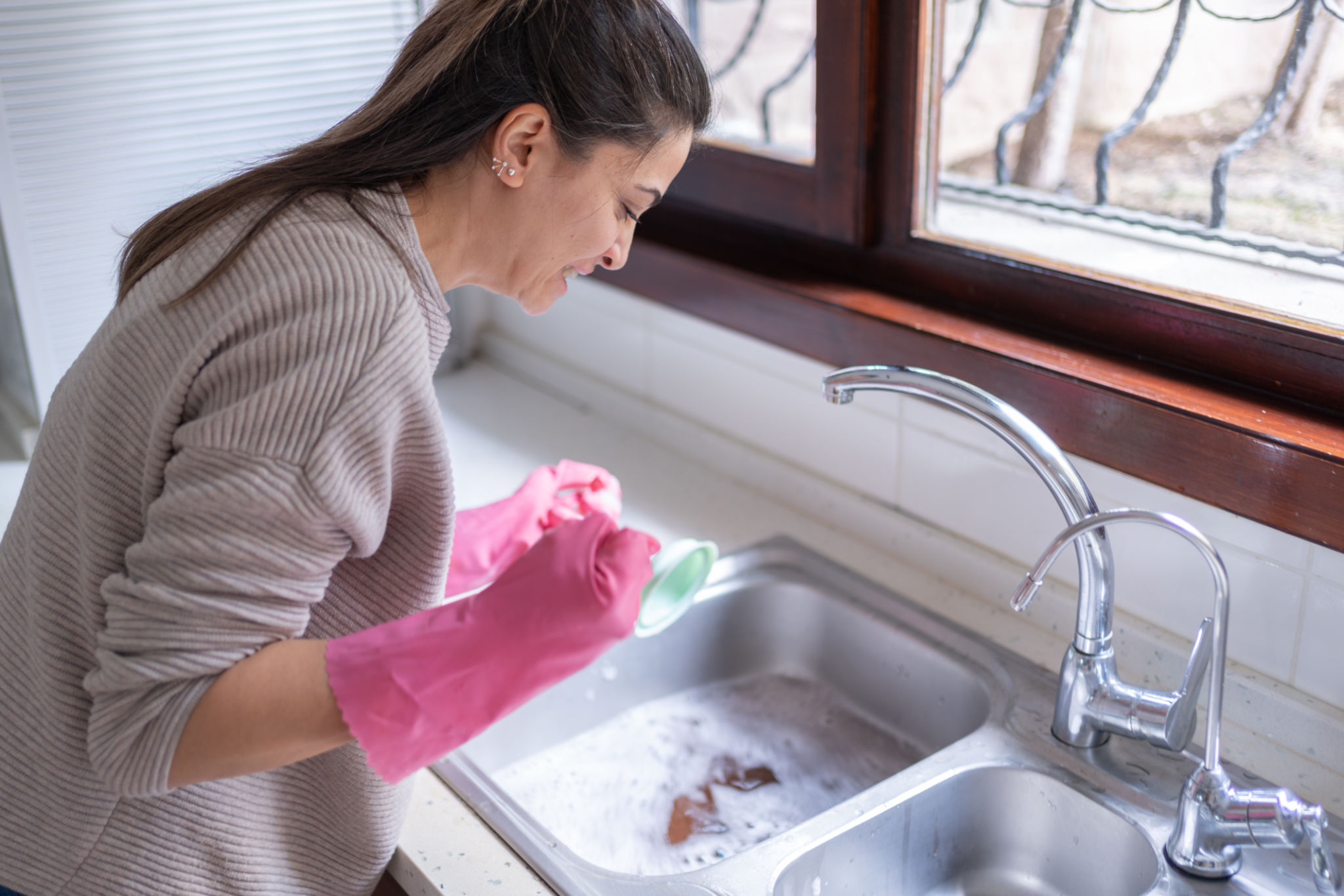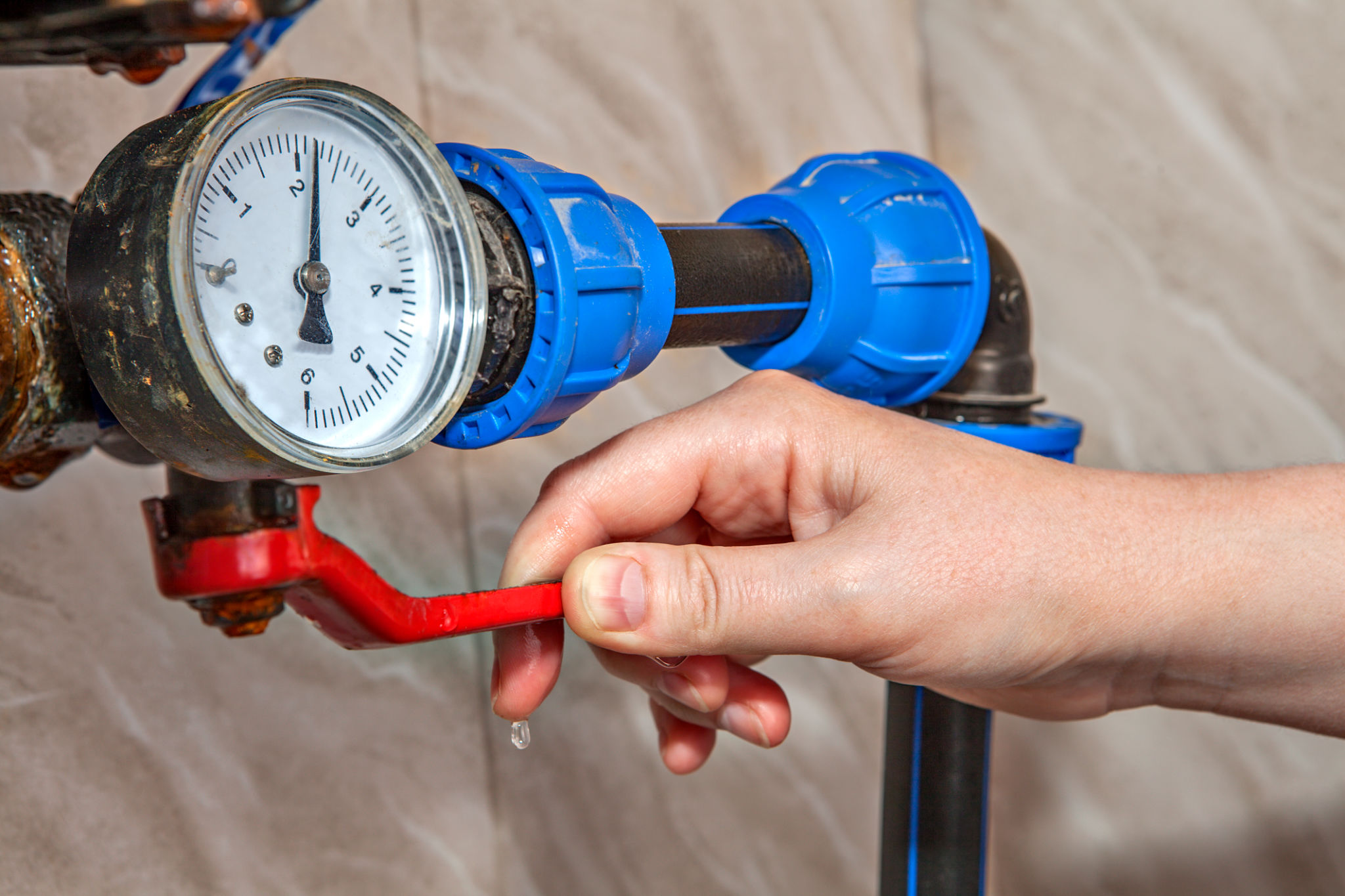DIY Plumbing Tips: Quick Fixes for Minor Issues Before Calling a Professional
Understanding Basic Plumbing Issues
Plumbing problems can be a real headache, but not every issue requires a call to the professionals. With a little know-how and the right tools, you can tackle minor plumbing problems yourself. Understanding the basics of your home’s plumbing system can save you time and money. Here are some quick DIY fixes for common plumbing issues.

Fixing a Leaky Faucet
A leaky faucet is not just annoying; it can also increase your water bill. The most common cause of a leaking faucet is a worn-out washer or O-ring. To fix this, start by turning off the water supply to the faucet. Then, remove the handle and use a wrench to take apart the faucet. Replace the washer or O-ring, reassemble the faucet, and turn the water back on to check for leaks.
Unclogging a Slow Drain
Slow drains are often caused by a buildup of hair, soap, and other debris. To address this issue, try using a plunger or a plumber's snake before resorting to chemical drain cleaners. If using a plunger, ensure there is enough water in the sink to cover the plunger’s cup, then plunge vigorously. For more stubborn clogs, insert a plumber’s snake into the drain and rotate it to break up or retrieve the blockage.

Running Toilet Troubles
A running toilet can waste a lot of water if left unchecked. The issue often lies in the flapper valve or the float arm in the tank. First, remove the tank lid and inspect the flapper valve. If it’s worn out, replace it with a new one. Alternatively, adjust the float arm to ensure it stops the water at the correct level. These adjustments can usually resolve most running toilet issues.
Repairing Low Water Pressure
Low water pressure can be frustrating, but it's often easy to fix. Start by checking if the problem is isolated to one fixture or if it's throughout your home. If it's just one fixture, clean the aerator by unscrewing it and soaking it in vinegar to remove any mineral buildup. If the problem persists or is widespread, there may be an issue with your main water line that requires professional attention.

When to Call a Professional
While these DIY tips can solve many minor plumbing problems, some situations require professional expertise. If you encounter major leaks, persistent drainage issues, or suspect hidden leaks within walls, it’s best to call a licensed plumber. Attempting to fix complex problems without proper knowledge can lead to further damage and increased repair costs.
Remember, regular maintenance is key to preventing plumbing issues in the first place. By keeping an eye on your home’s plumbing system and addressing small problems promptly, you can avoid costly repairs down the line.